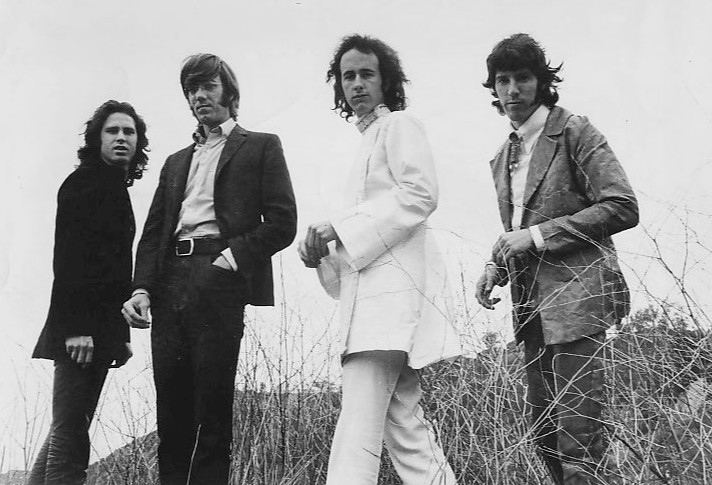The Doors was a Los Angeles-based American music group that was founded in 1965. They were renowned for their distinctive and provocative lyrics, psychedelic rock style, and live performances that frequently included lyrics and provocative behavior from lead vocalist Jim Morrison. One instance was the band’s song ‘The End’.
They rose to prominence as one of the most divisive and influential rock bands of the 1960s and early 1970s, and their sound continues to have a significant impact on contemporary rock. ‘The End’, spanned over 10 minutes, and firstly the song was simple and was intended on being a sad breakup track, however, it took a bad turn. Morrison would begin improvising words as the music changed, changing into something else.
This tune was created by The Doors while they were the house band at the Whisky a Go Go in Los Angeles in 1966. They were required to perform two sets per night, so they had to lengthen their songs to occupy the time. They had the opportunity to play around with their songs because of this. Jim Morrison’s farewell to Mary Werbelow, his girlfriend who accompanied him from Florida to Los Angeles, was the first line of “The End.” It turned into a drama of 11 minutes.
According to Songfacts, Death is the subject of “The End,” but it also addresses Jim Morrison’s parents because it has Oedipal themes about adoring the mother and killing the father. Morrison always left the interpretation up to the listener, stating that “it could be almost anything you want it to be.”
However, the song became very controversial due to its lyrical content. What Morrison began to write, it contained a chilling tale about a serial killer who assumed the identity of an old painter and showed up at his childhood house. Morrison’s recreation of the Oedipus Rex Grecian tragedy elevated the situation to the level of high art. He subtly alludes to wanting to murder his father and having an affair with his mother in the lyrics.
Although the Lizard King’s theatrical genius may have permeated the recording, the energy from the studio would not be welcome in one of Los Angeles’ most well-liked bars. Morrison’s profanity-filled tirade was interrupted, and The Doors were forbidden from performing at the Whiskey ever again. Morrison may have intended to create a gloomy picture, but The Doors would later come to regret these lyrics.
Morrison also talked about the meaning and mentioned, “Every time I hear that song, it means something else to me. I see how it could be a goodbye to a kind of childhood. I really don’t know. I think it’s sufficiently complex and universal in its imagery that it could be almost anything you want it to be.”

